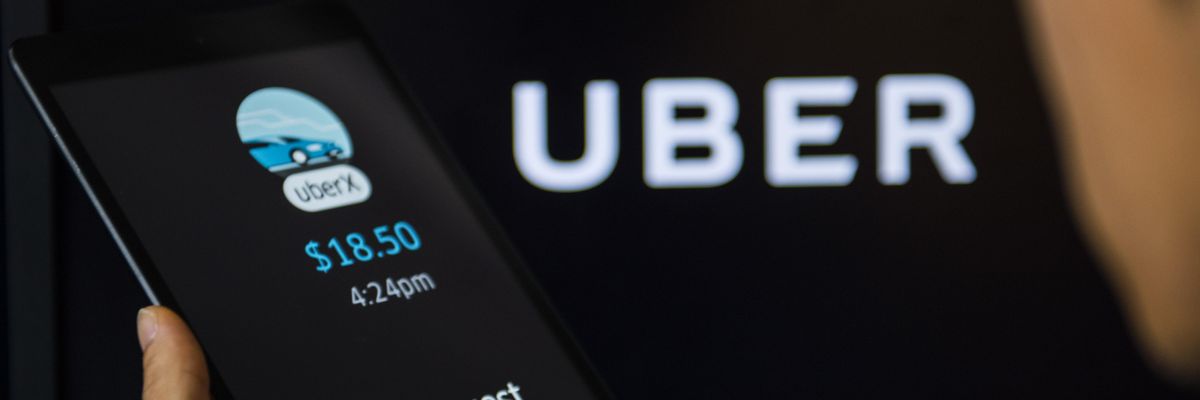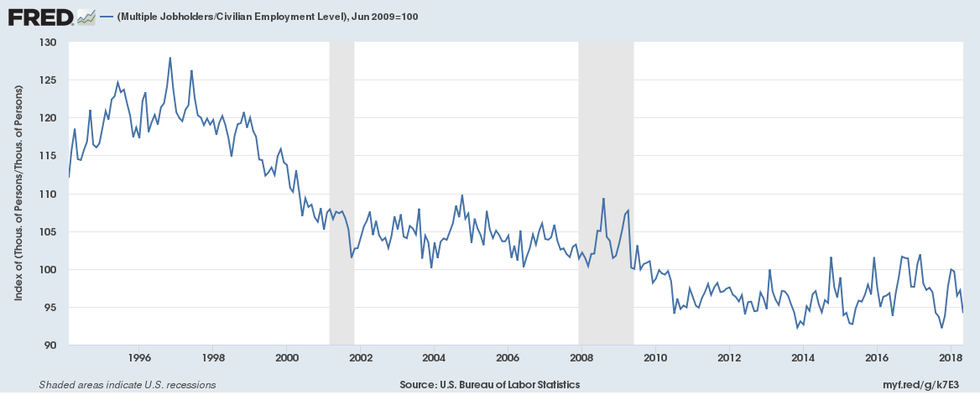
It’s not enough to be outraged. We must fight back.
To keep reporting during these dark and dangerous days, please help us reach our must-hit Spring Campaign goal. Our journalism is committed to cataloging Trump’s outrages and connecting the dots to show people how everything fits together and what they can do to fight back.
Everything we care about is in danger, and Common Dreams is fighting back by exposing their lies and corruption and lifting up the voices of those working to stop them. If you believe in our work, we need you now more than ever. Your gift of any amount helps support our independent and fiercely unafraid journalism.

